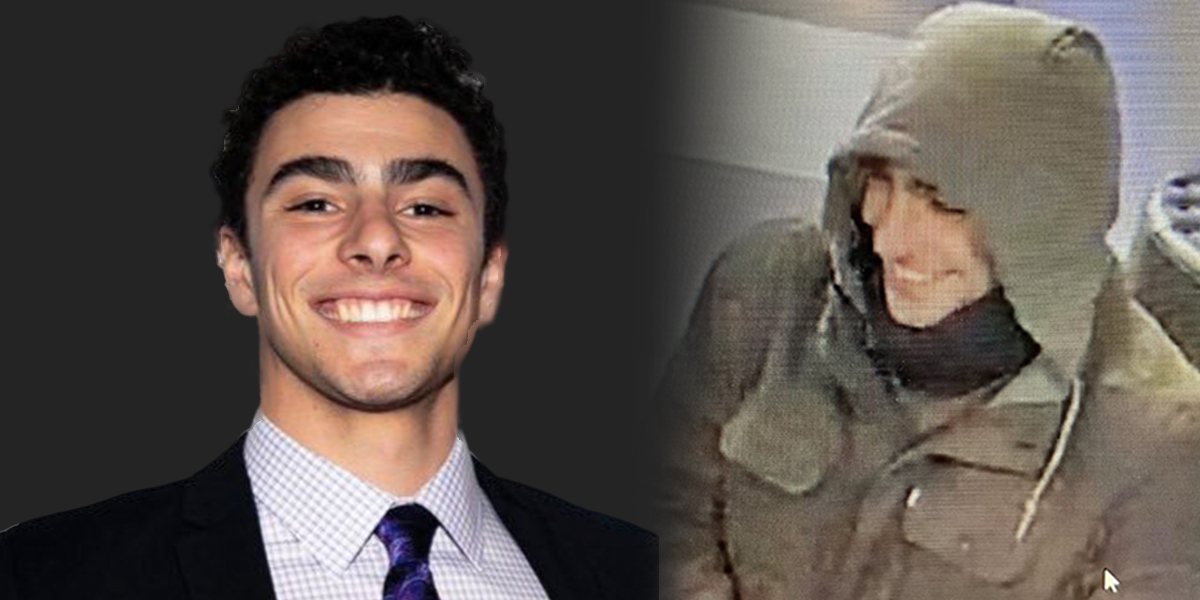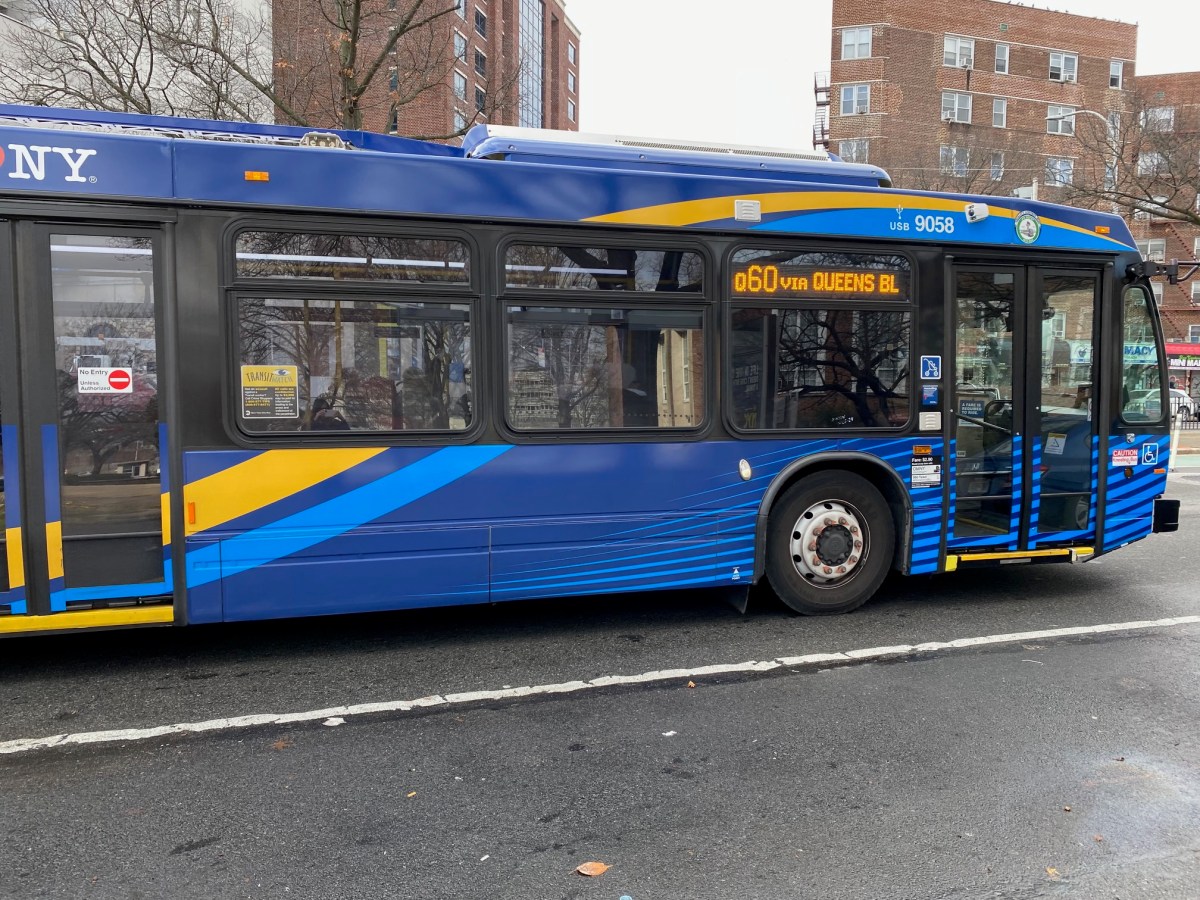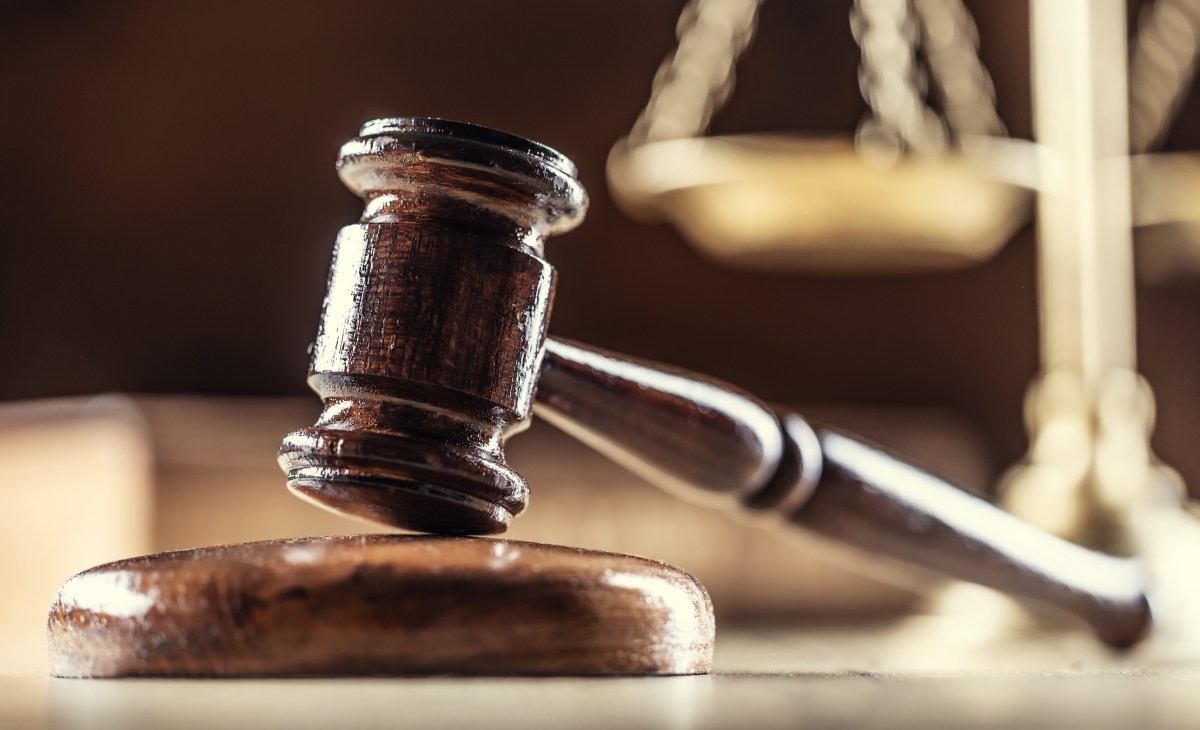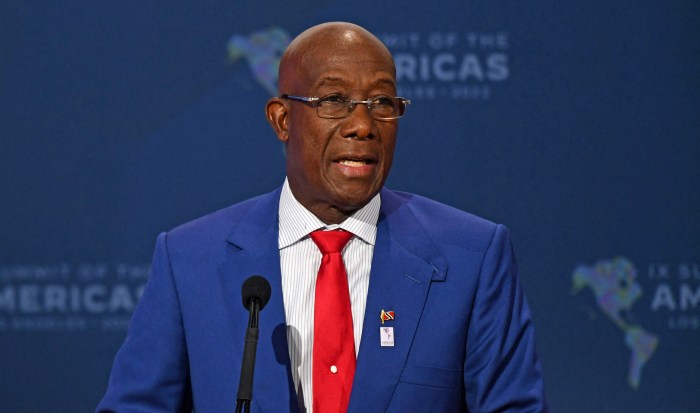 Parishioner Rose Greene of Dorchester prays for her family members back in Liberia during a service at Throne of Grace Church in Dorchester. Credit: Nicolaus Czarnecki, Metro
Parishioner Rose Greene of Dorchester prays for her family members back in Liberia during a service at Throne of Grace Church in Dorchester. Credit: Nicolaus Czarnecki, Metro
The most devastating Ebola outbreak to date has wreaked havoc on the lives of thousands of West Africans, but for Liberians living in Metro Boston, the struggle hits close to home.
Rev. Jesse Gibson, who heads up Throne of Grace Church in Dorchester, is one of those people. Gibson got word on Saturday that his brother, Amos Gibson, succumbed to the disease after a month-long battle at the ELWA Hospital in Monrovia. He contracted the virus while helping an infected woman who later died.
“We [were told] told to keep praying for him,” said Gibson. “His condition [was] critical. It’s really hard.”
Gibson said he doesn’t know of any other local Liberians who have infected friends or relatives.
But the fear is palpable.
“Everyone is afraid, everyone is praying for their family. When someone [in Liberia] has a cold, a headache, or diarrhea, you fear for them 24/7. It’s even come to the point where you’re afraid to answer the phone when a loved one calls from Liberia,” said Gibson.
Gibson is a part of the Liberian Community of Metropolitan Boston, which serves about 200 local families.
Community spokeswoman Jassie-Fredcia Senwah estimates that there are at least 500 Liberians living in the Boston-area.
“It’s hard to know for sure,” said Senwah, a Suffolk University graduate. “Some live in Brockton, others in Methuen. I’ll be in downtown Boston and will hear their accent; I’ll run and give them a business card.”
Though Senwah’s family in Liberia has managed to dodge the deadly virus, she is concerned for her mother, grandmother and aunt, all of whom still live there.
“They’re keeping themselves safe. My mother is a medical doctor. She’s making sure they have buckets of chlorine and water. They are keeping sanitary and staying inside, and trying to stay out of the hot areas as much as possible,” said Senwah.
The local Liberian community has dealt with backlash since the West African outbreak gained momentum, according to Senwah, especially after Liberian citizen Thomas Eric Duncan carried the virus to Dallas.
“It was one of the first things we heard when Duncan came. People would say, ‘Oh, a Liberian person came here and they have Ebola,'” she said, adding that there is even tension within the community, as some members travel between the U.S. and Liberia.
“Some people joke and say, ‘Oh, you didn’t just come from [Liberia] did you?’ But they wait to reach out to hug you. You know some are serious about it,” said Senwah.
The 27-year-old, who also leads the community’s youth outreach, admits she is not exempt from concern.
“When people have recently returned from Liberia, I want to let them know that they are welcome, but when shaking their hands I do get kind of nervous,” she said.
Senwah and Gibson both feel that there should be better Ebola screenings at airports in West Africa.
Gibson, a former refugee, is adamant that grounding flights from those countries is not the answer.
“If a person is isolated, they are cut away from the world. I know; it brings a lot of depression,” he said. “If you close the border on them, they’d be isolated. Being Christianly, we need to be good Samaritans. We can’t just forget them. We can’t just leave them to die.”
Back home
The total number of Ebola cases in West Africa during this outbreak has topped 8,000, according to the CDC.
Over 4,000 deaths have been reported.
Hard-hit countries include Sierra Leone, where a one-day death toll from Ebola cases reached 121, and Liberia, where more than half of all 2014 Ebola deaths have been recorded.
There are also cases in Guinea, Nigeria and Senegal.
*Source HelloMD






















